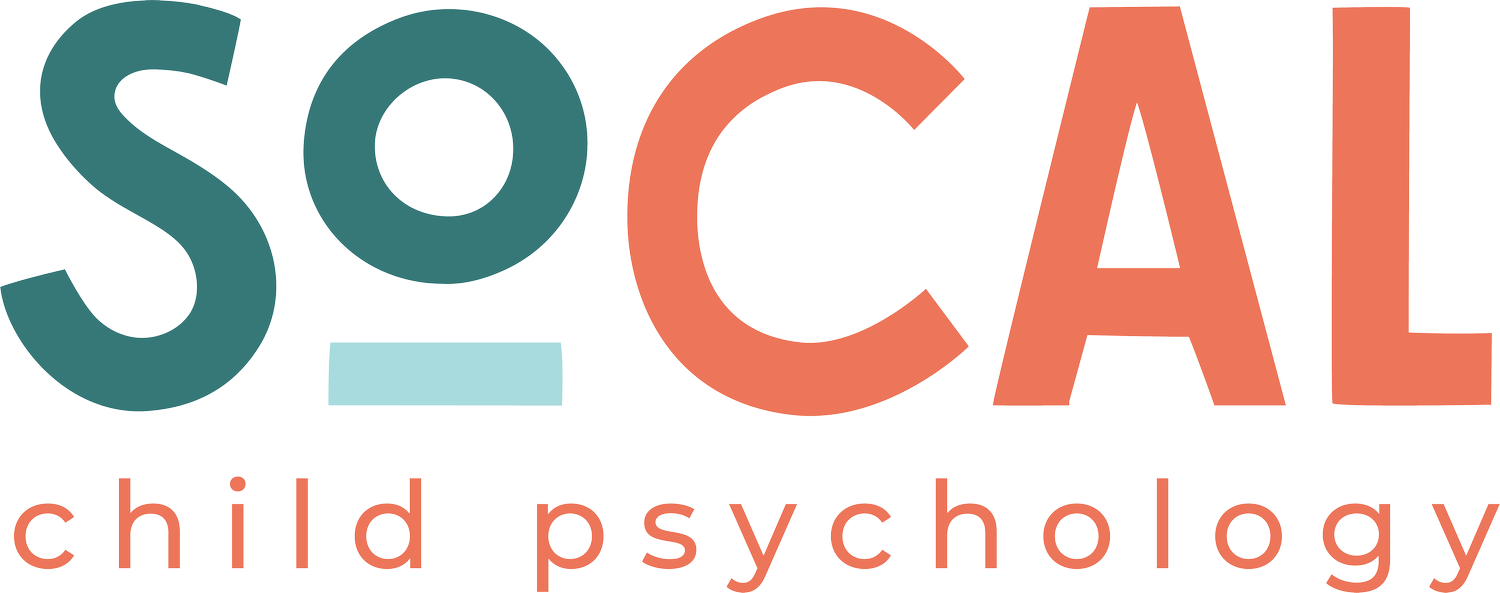Navigating ADHD: How Are Adult Symptoms Different From Child Symptoms?
ADHD is often viewed as a children’s disorder. While it’s true that most cases are diagnosed in children, that doesn’t mean it magically “goes away” with age.
It also doesn’t mean every child dealing with ADHD gets a proper diagnosis.
There are plenty of adults who deal with ADHD symptoms who have never been officially diagnosed. Or, perhaps they were diagnosed with the disorder as a child but have noticed that their symptoms have shifted.
Either way, it’s important to understand how adult symptoms of ADHD differ from child symptoms.
Recognizing those differences will make it easier to get the proper diagnosis or to understand the condition better.
Hyperactivity and Impulsivity
Children with ADHD are often stereotyped as being “hyper” or unable to sit still.
There is some truth to that, as hyperactivity is common and can lead to excessive physical movement. It can also cause restlessness and make it difficult for children to remain still for long periods.
Hyperactivity doesn’t necessarily go away when you’re an adult with ADHD.
However, you might express it differently. Perhaps you always feel like you need to be doing something, or you struggle to relax.
Feelings of constant restlessness can make it difficult for you to stay focused on the same thing for an extended period.
When it comes to impulsivity, the desires don’t really change. How you respond to them does.
Children with ADHD may interrupt others or struggle with waiting for their turn.
Adults are more likely to make impulsive decisions, and while you might not always interrupt others, it likely feels like a struggle to restrain yourself in conversations.
Dealing With Distractions
Inattention is one of the biggest issues both children and adults with ADHD face.
Children may have difficulty paying attention for long periods or struggle to follow instructions.
Adults with ADHD can be easily distracted, forgetful, and have a hard time focusing.
As you might expect, these issues can create problems in daily tasks.
Children can struggle with staying focused in school, completing homework, or even maintaining healthy social relationships with peers.
Adults can struggle with employment, financial management, and maintaining daily routines.
Coping Mechanisms
Children with ADHD might not know how to cope. It’s not uncommon for them to feel out of place or even frustrated by their symptoms.
With a diagnosis, medication and therapy can help. Adults who haven’t been diagnosed might try to overcompensate for their symptoms by seeking out environments that provide constant stimulation or developing strong organizational skills.
While those coping mechanisms aren’t necessarily negative, they’re likely not sustainable as they can lead to anxiety and even burnout.
What Can You Do?
If you’re an adult dealing with any of these symptoms, the best thing you can do is get tested for ADHD as soon as possible.
Diagnosis for adults can be more difficult, especially if you’ve learned to mask your symptoms or cope with them in specific ways. However, it’s not impossible to receive the right diagnosis and start getting the treatment you deserve.
That treatment often includes a combination of medication and therapy for ADHD, as well as committing to certain lifestyle changes.
Regular exercise, getting enough sleep, and reducing stress can all make it easier to manage your ADHD symptoms.
If you’re interested in learning more about how your symptoms might vary as an adult, please don’t hesitate to reach out.
As always, if you’re noticing some symptoms in your children, as well, it’s never a bad idea to work with a healthcare professional to undergo testing. Whether you’re looking for help for yourself or your child, we’re here for your family.
Child Therapy for ADHD
Raising a child with ADHD can bring unique challenges — but with the right support, your child can thrive. At SoCal Child Psychology, we provide child therapy for ADHD in La Jolla and throughout San Diego.
Our evidence-based approaches help kids strengthen focus, manage big emotions, and build problem-solving skills. We also work closely with parents, giving you strategies that fit your child’s brain and your family’s needs.
If your child is struggling with attention, impulse control, or frustration, reach out today. ADHD therapy in San Diego can make a lasting difference for your child and your family.


